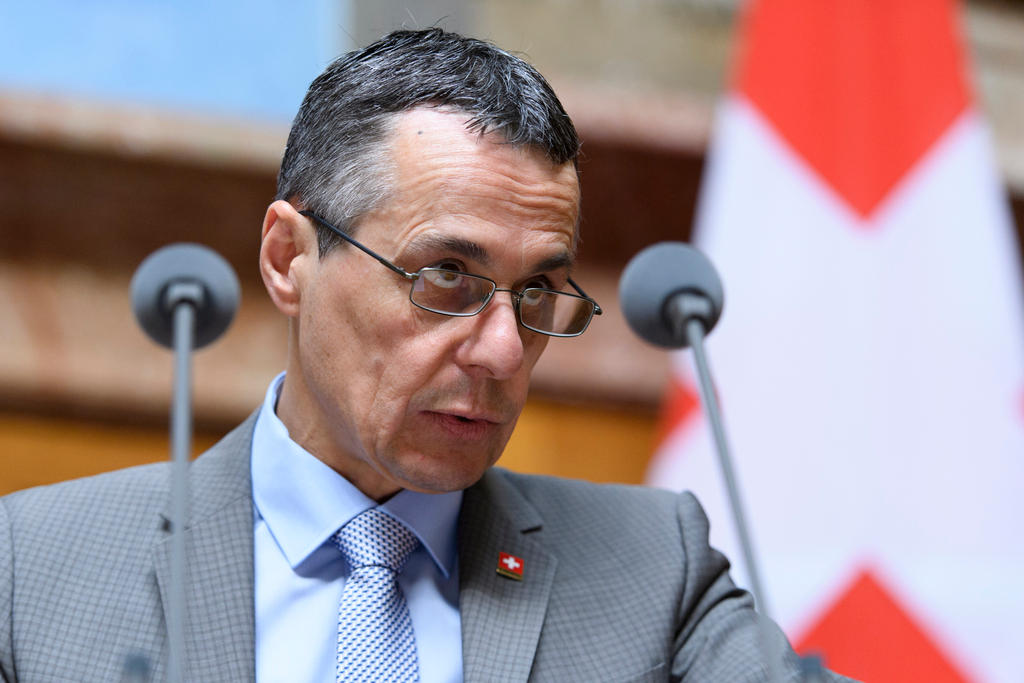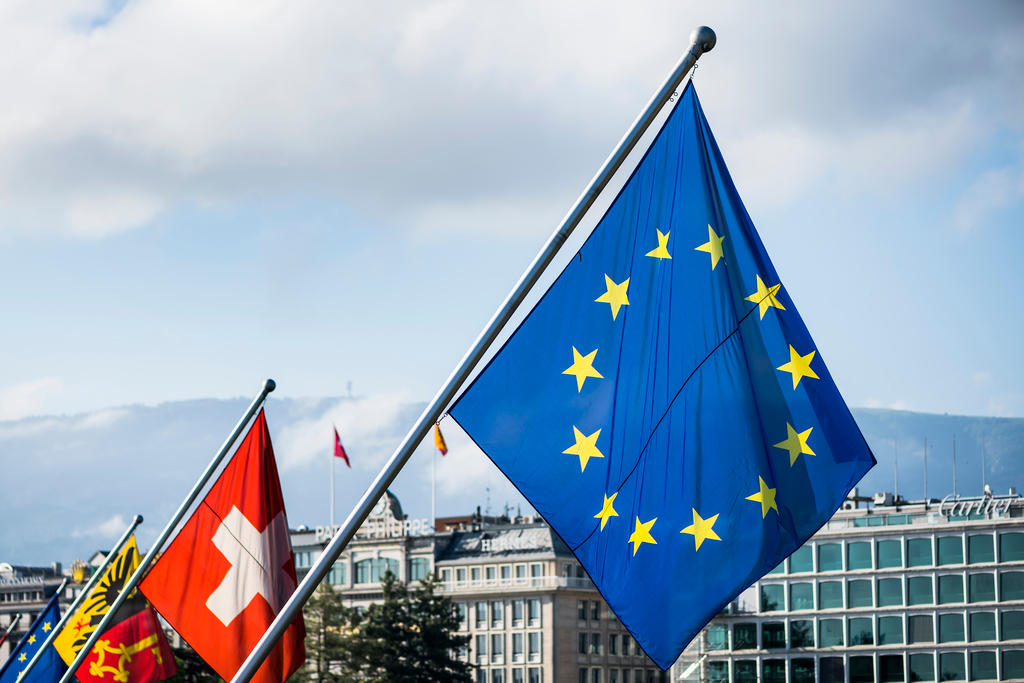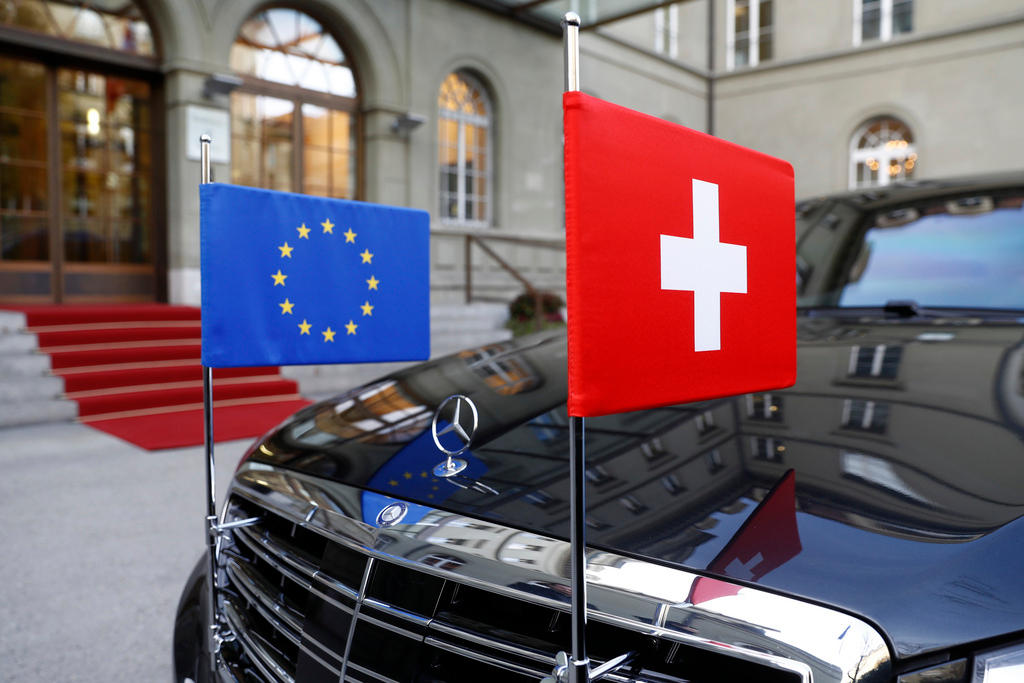Hot summer for Swiss-EU framework negotiations

Negotiations on a framework agreement between Switzerland and the European Union have become increasingly hot over the summer. They are currently being dominated by Swiss internal issues, especially disagreements between the government and trade unions.
Taking a broad look at the negotiations, they ultimately revolve around these three points:
● how will the agreement work in practice?
● which sectors are affected and need to adapt?
● what else depends on the success of the agreement?
The March announcement that an arbitration court would give binding rulings in case of disputes has helped to clarify many of the issues on the first point (see box).
Disagreement on content
While most problems in the legal and technical field have been resolved, there are still considerable differences over the content of the agreement.
The dispute is especially significant on what Foreign Minister Cassis calls the “red lines”. In particular, the accompanying measures for wage and worker protection, which the government says are “non-negotiable”, are a thorn in the EU’s side. For example, it considers that the eight-day registration period, which applies to craftsmen, construction workers and other professionals from the EU, violates free movement of people.
There is strong Swiss domestic pressure to preserve these measures. When foreign affairs minister Cassis publicly questioned the non-negotiability of measures like the 8-day rule, he met harsh criticism from the trade unions. And despite several efforts by the government, most recently by Economics Minister Johann Schneider-Ammann, the Swiss trade union federation has so far dug in its heels on the issue.

Intertwined
Even areas that are not directly part of the negotiations depend on a successful outcome. These include long-stalled talks on an electricity market agreement and the EU’s one-year recognition period for the Swiss stock exchange. The stock exchange recognition issue is especially urgent, with Finance Minister Ueli Maurer saying the very survival of the Swiss stock exchange would be in danger if the EU does not restore its “equivalence” at the end of the year.
Domestic and foreign policy, fundamental political debates and specialist legal discussions are all intertwined, and time is pressing. Since 2019 is an election year for both the EU and Switzerland, both sides want to reach a deal by the end of 2018.
At the same time, Switzerland’s largest party, the conservative-right Swiss People’s Party, will carry its fight against a framework agreement with the EU into election year 2019. Whatever Swiss diplomats bring home from Brussels, it is sure to create noisy debate in the Federal Parliament.
How it works
The foreign ministry published an explanatory documentExternal link (in German) about the agreement in May 2018. Four main points emerge, as follows:
1) The development of European Union (EU) law can still, as before, be dealt with through national procedures such as referenda. Switzerland will in future also be more closely associated with the elaboration of new EU rules.
2) Monitoring of implementation is done by the competent authorities of the respective parties, with the mixed committee as overall supervisory body.
3) Interpretation of the EU law adopted must be in line with the jurisprudence of the European Court of Justice.
4) In the case of a dispute, the arbitration court makes the final decision.
This suggested dispute resolution mechanism will still have to undergo legal examination by the European Court of Justice. It remains to be seen if the Court will accept a mechanism that gives an arbitration court the power to decide on issues of law in the single market.
Adapted from German by Julia Crawford

In compliance with the JTI standards
More: SWI swissinfo.ch certified by the Journalism Trust Initiative




You can find an overview of ongoing debates with our journalists here. Please join us!
If you want to start a conversation about a topic raised in this article or want to report factual errors, email us at english@swissinfo.ch.